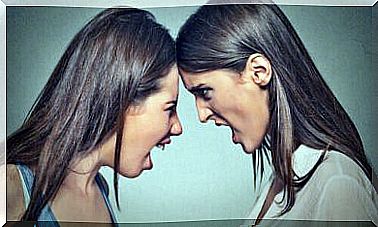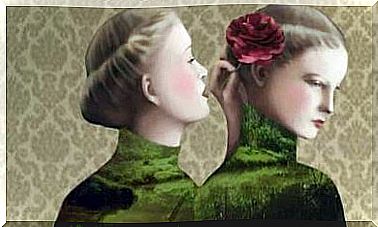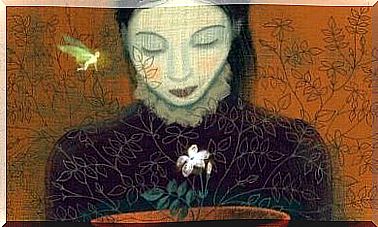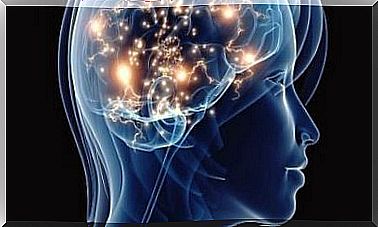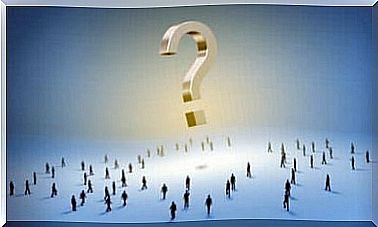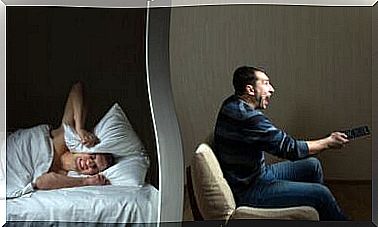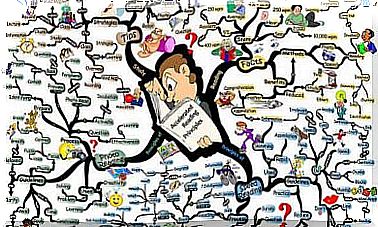Emotional Nutrition: Food That “fills ” A Void
Eating sweets after a disappointment in love, devouring food in moments of tension, exceeding the quantities of food sufficient for your body and so on. It’s called emotional eating, a habit for which there is no better definition than a few concrete examples.
We believe that being “normal people” means always being alert to food, despising cream and chocolate with terror, convinced that harmony of the senses is achieved by keeping “that greedy inner hunger” at bay. It follows that often the act of eating is transformed into the metaphor of the union between our lifestyle and the way we manage emotions.
However, in many cases, compulsive binging works like a smoke screen that prevents you from seeing the real problem: the loss of emotional control generated by the need to fill a void related to other areas of one’s life.
The relationship between emotional deficiencies and nutrition
Food can become a substitute for emotional balance. How many times have we dulled our frustrations by having a feast or by devouring good chocolate ice cream? The compulsion that drives us when we eat often represents emotional despair.
It can be said that focusing on your weight is just a ploy, a way of not paying attention to the reasons why many turn to food when they are hungry. This phenomenon, of course, is encouraged by society itself, which causes humans to focus on the extra pounds and calorie consumption.
It also seems that weight loss and achieving good physical shape can help us free ourselves from the painful facts that torment us. Geneen Roth, author of the topic, insists that excess weight is, in itself, a symptom. It is therefore useless to try to change it if we do not pay attention to the real underlying reasons, which will continue to make us feel bad, becoming the source of profound frustration. Here is a passage that illustrates the matter very well:
Once a woman showed up at my seminar after losing thirty-four pounds on a diet. He stood in front of one hundred and fifty people and in a trembling voice said:
“I feel like I’ve been robbed. They took my biggest dream away from me. I believed that by losing weight my life would really change. But in reality only my external appearance has changed. Inside of me I have remained the same. My mother is still dead and the fact that my father beat me when I was little hasn’t changed. I still feel anger and I feel alone and now I don’t even have the enthusiasm to lose weight anymore. “
The vicious circle of emotional nutrition
Somehow, the concern for our body hides much deeper concerns, giving rise to a vicious circle of anxieties that cannot be solved and that slow down our capacity for growth and development.
According to some authors, the real problem with excess weight and emotional eating is that food turns into a substitute for love. Just as Geneen Roth states, “When we stop feeding the abused child in every lonely adult, we can nurture love and foster intimacy. By doing so, we will release the pain of the past life and place ourselves definitively in the present. Only by allowing a space for intimacy and love will we learn to enjoy food and stop using it as a substitute “.
When we eat unbalanced, we don’t take care of ourselves or our present. However, as has already been said, letting go through food and gaining weight is, many times, just a symptom that is part of an endless vicious circle. In this sense, therefore, every time we eat compulsively, we give rise to the belief that the only way to get what we want is by acquiring it through food.
For this reason, whenever we binge excessively due to an emotional imbalance, we only reinforce the discomfort associated with our underlying problem, which will generate an even greater lack of control. It is a vicious circle in all respects fed continuously, since the need to eat never decreases, thus “obscuring” the underlying problem.
Gaining and losing weight or being on a diet all the time is like being on an emotional roller coaster perpetually. Using food to protect yourself is like getting drunk nonstop with confusion, emotional intensity and drama. Because as has already been pointed out, compulsive eating is nothing more than the staging of suffering.
